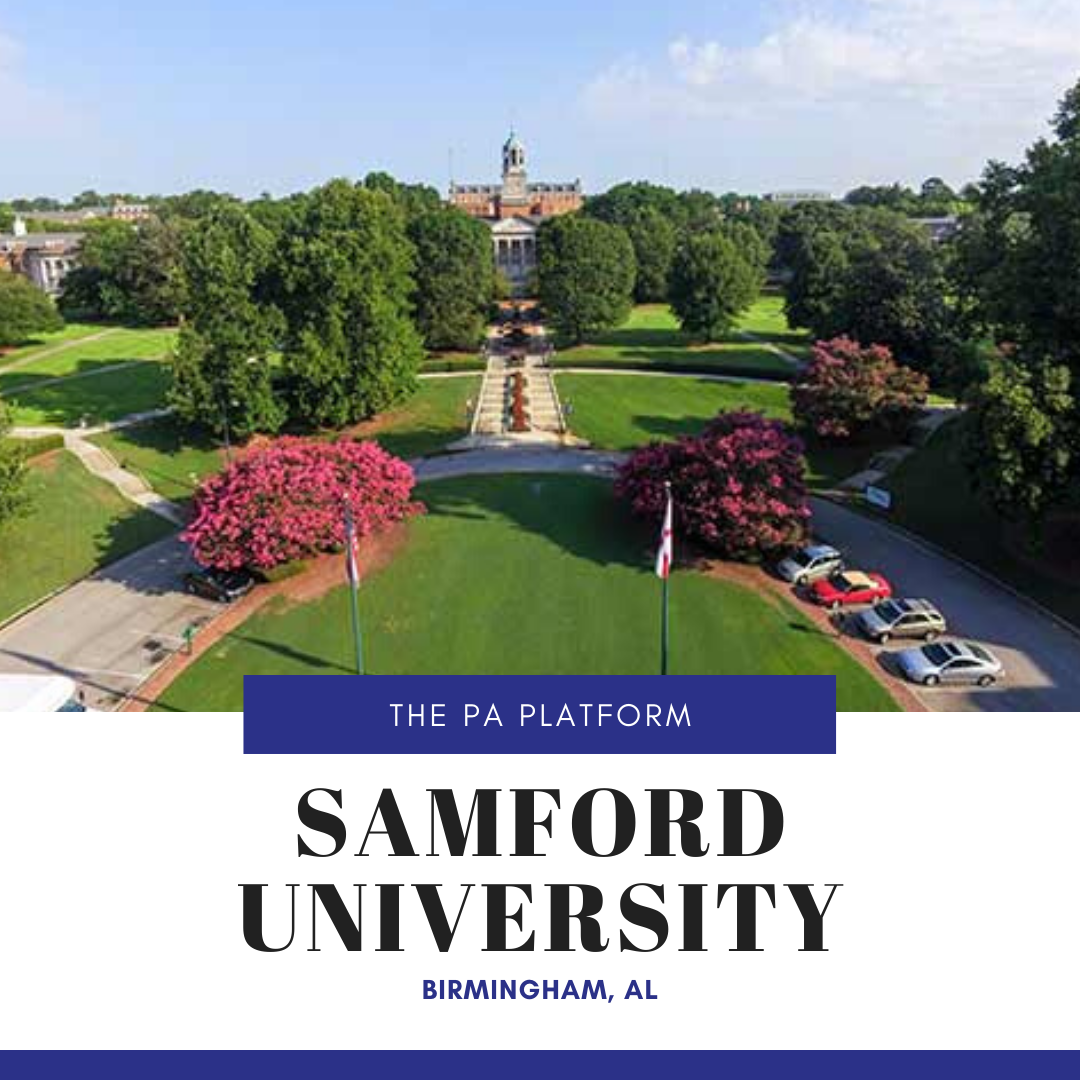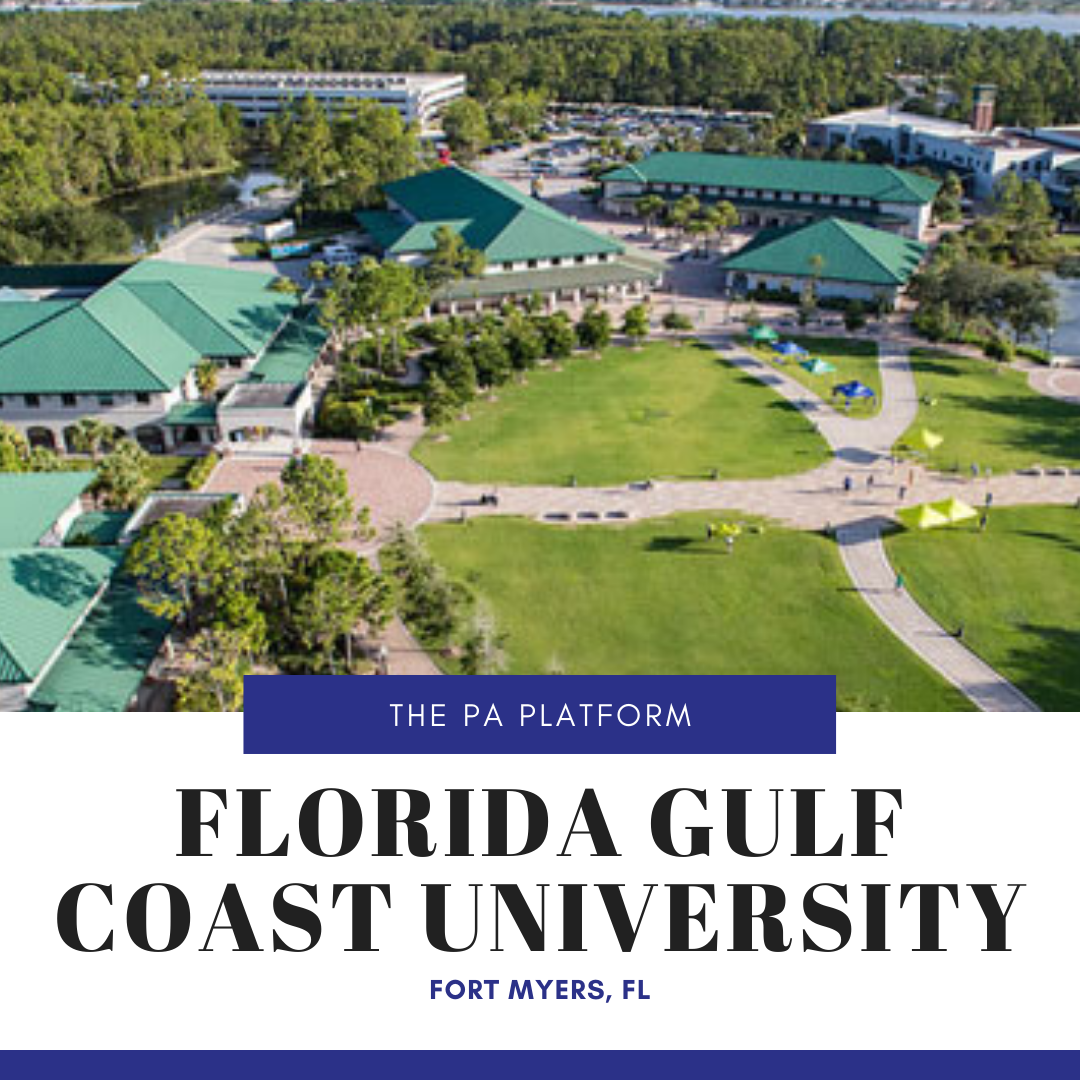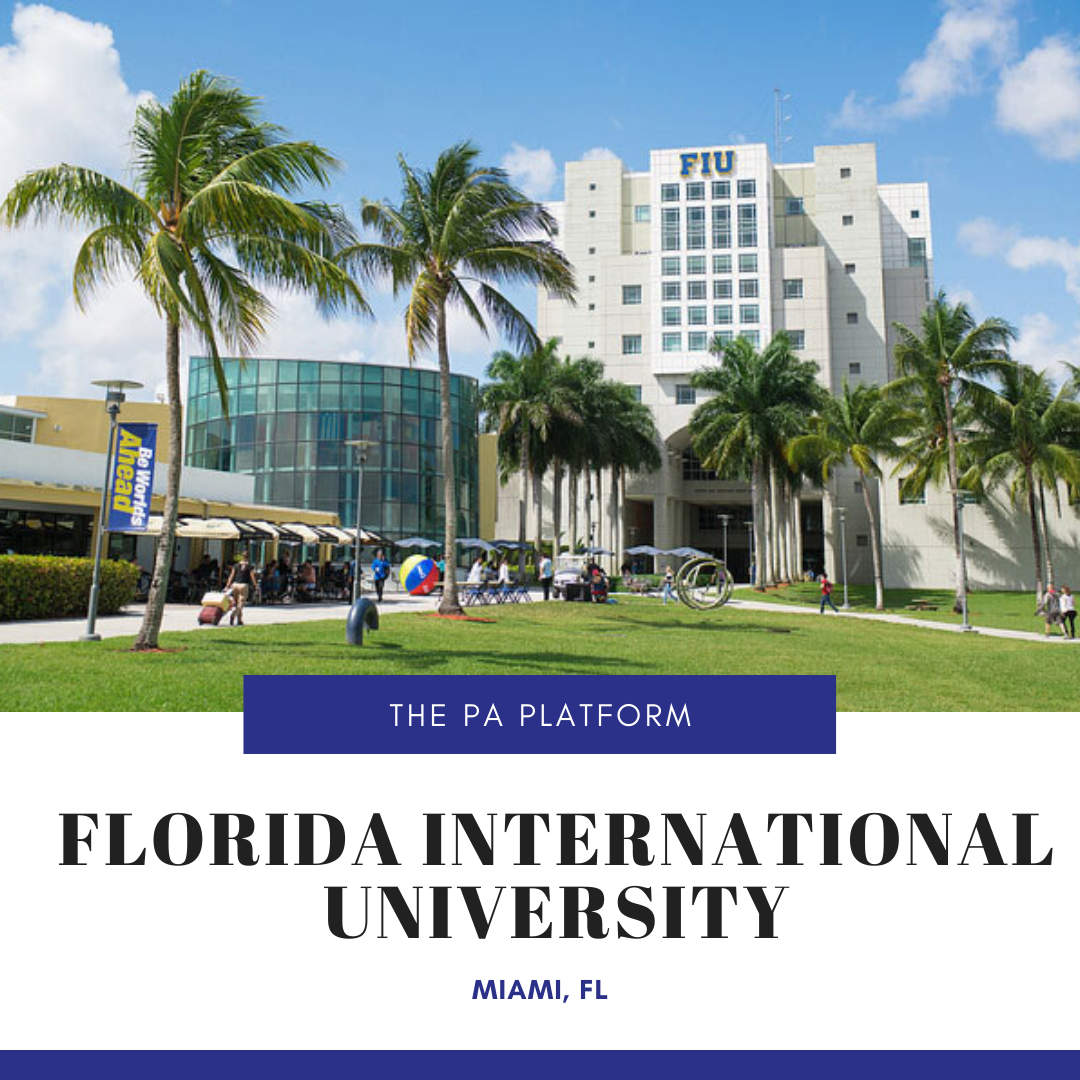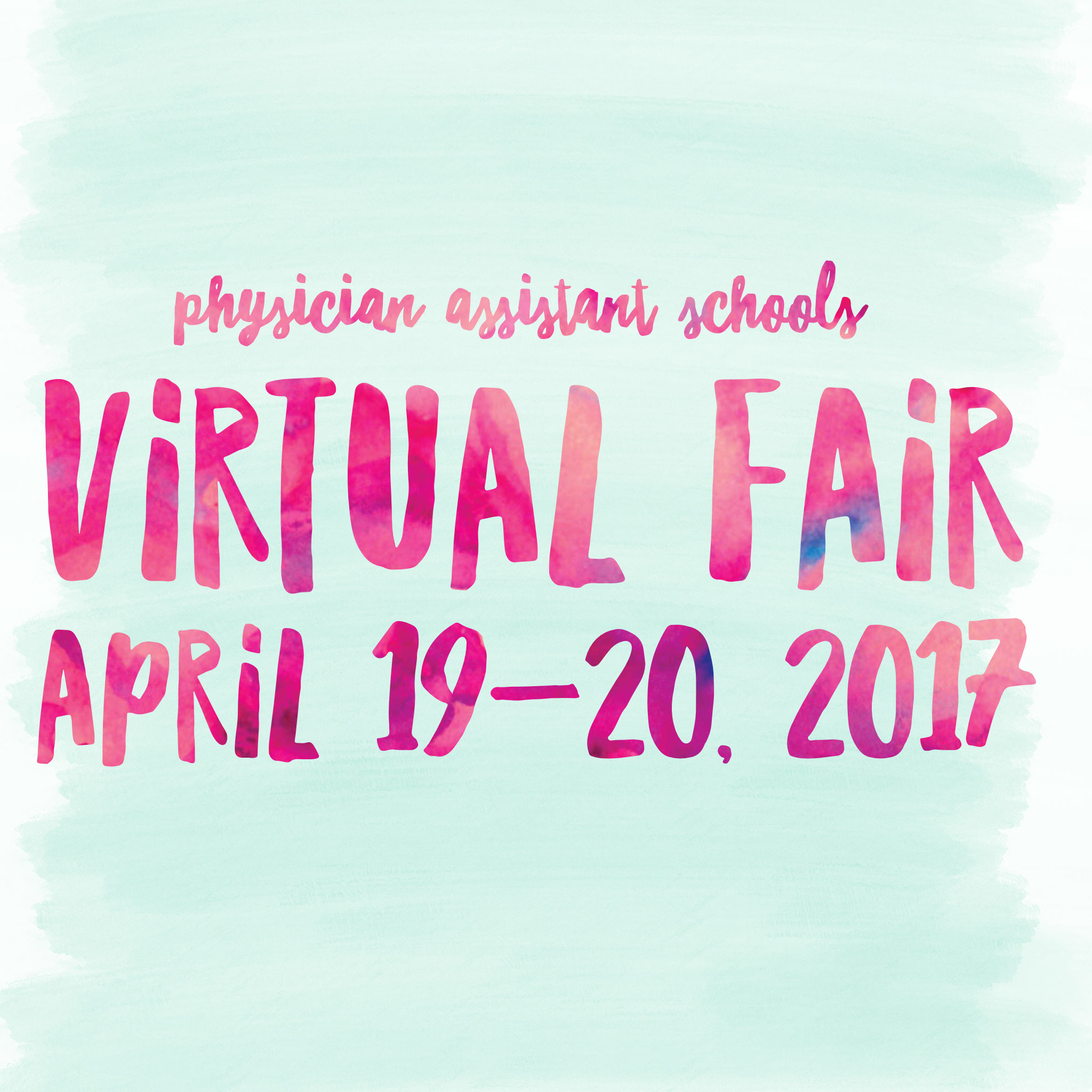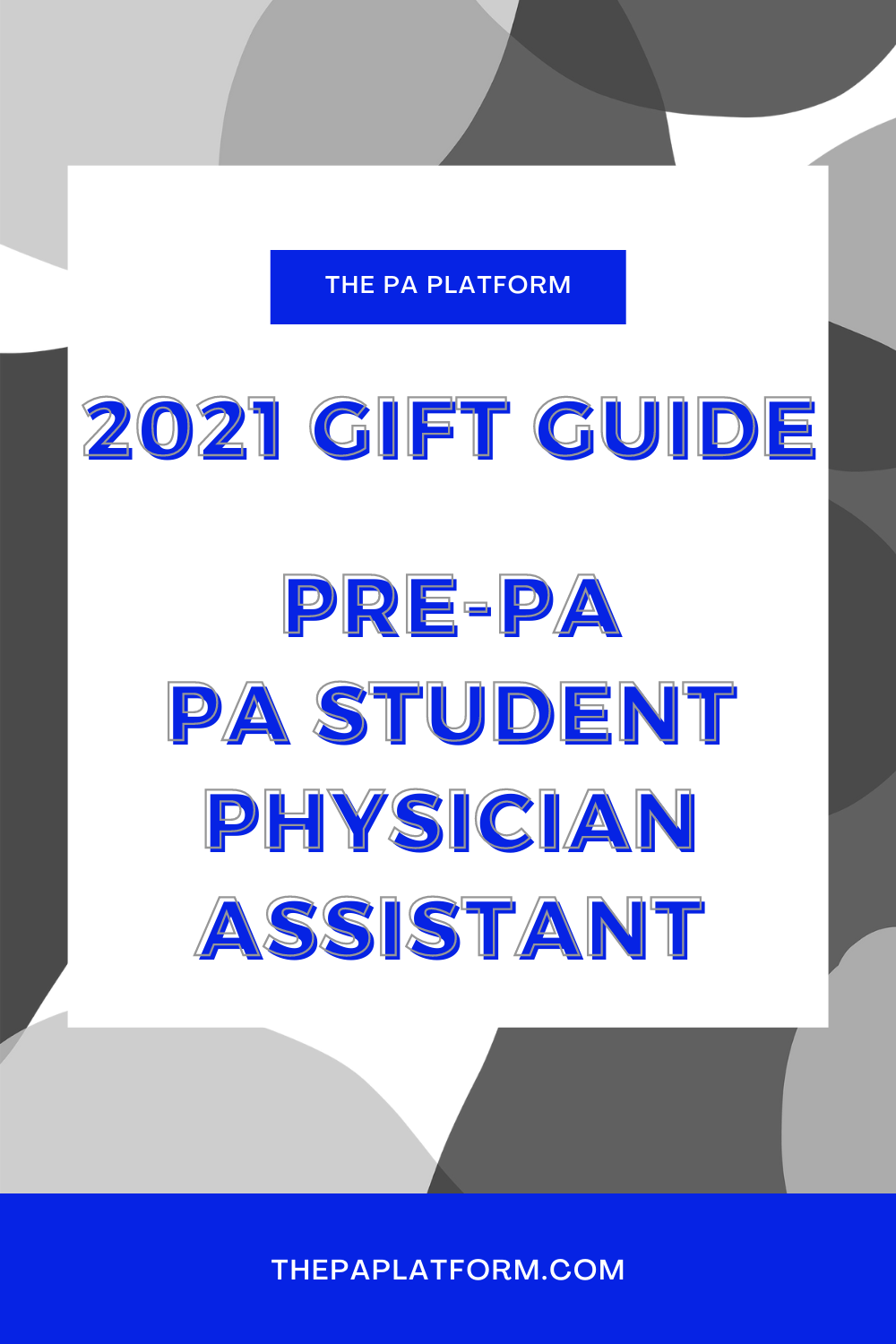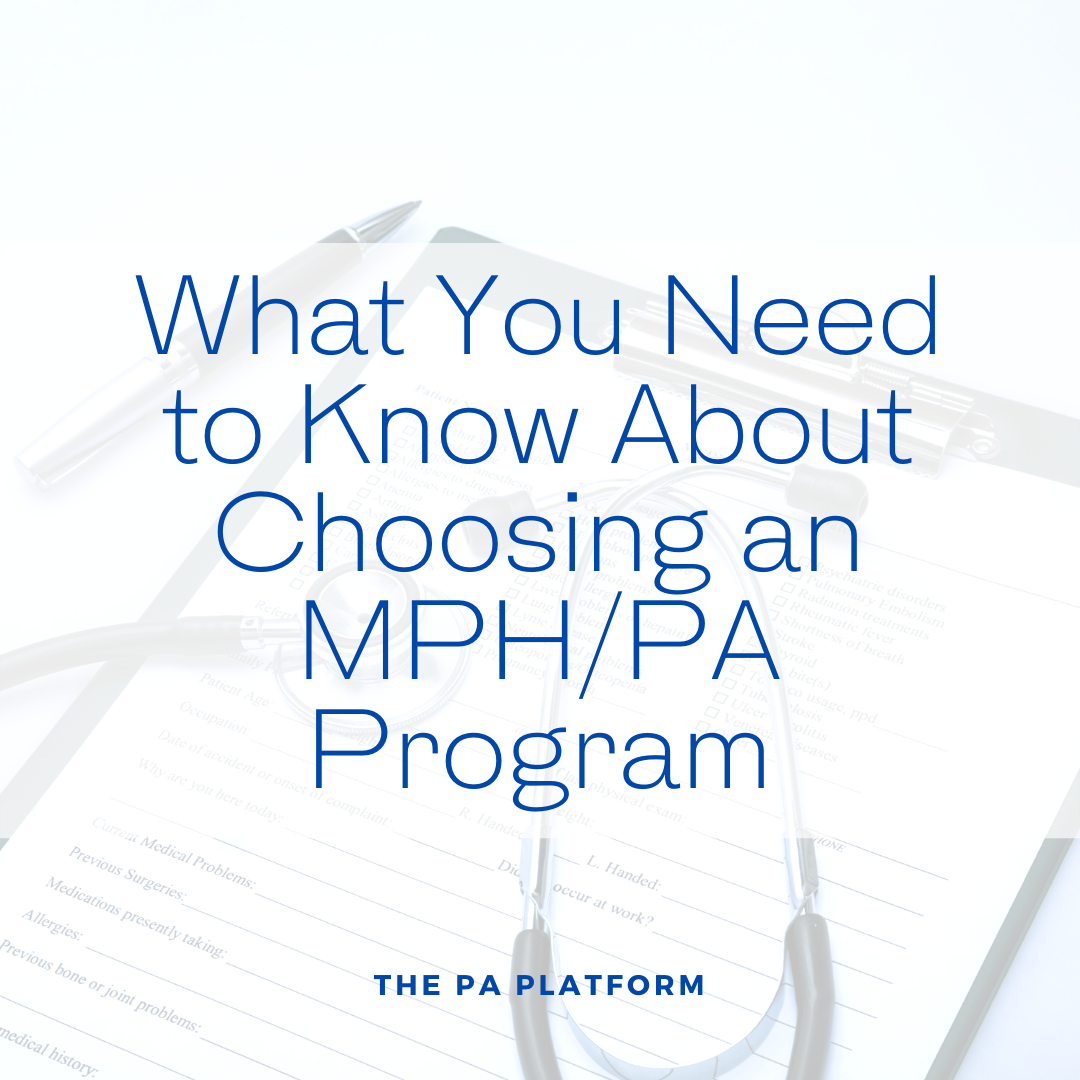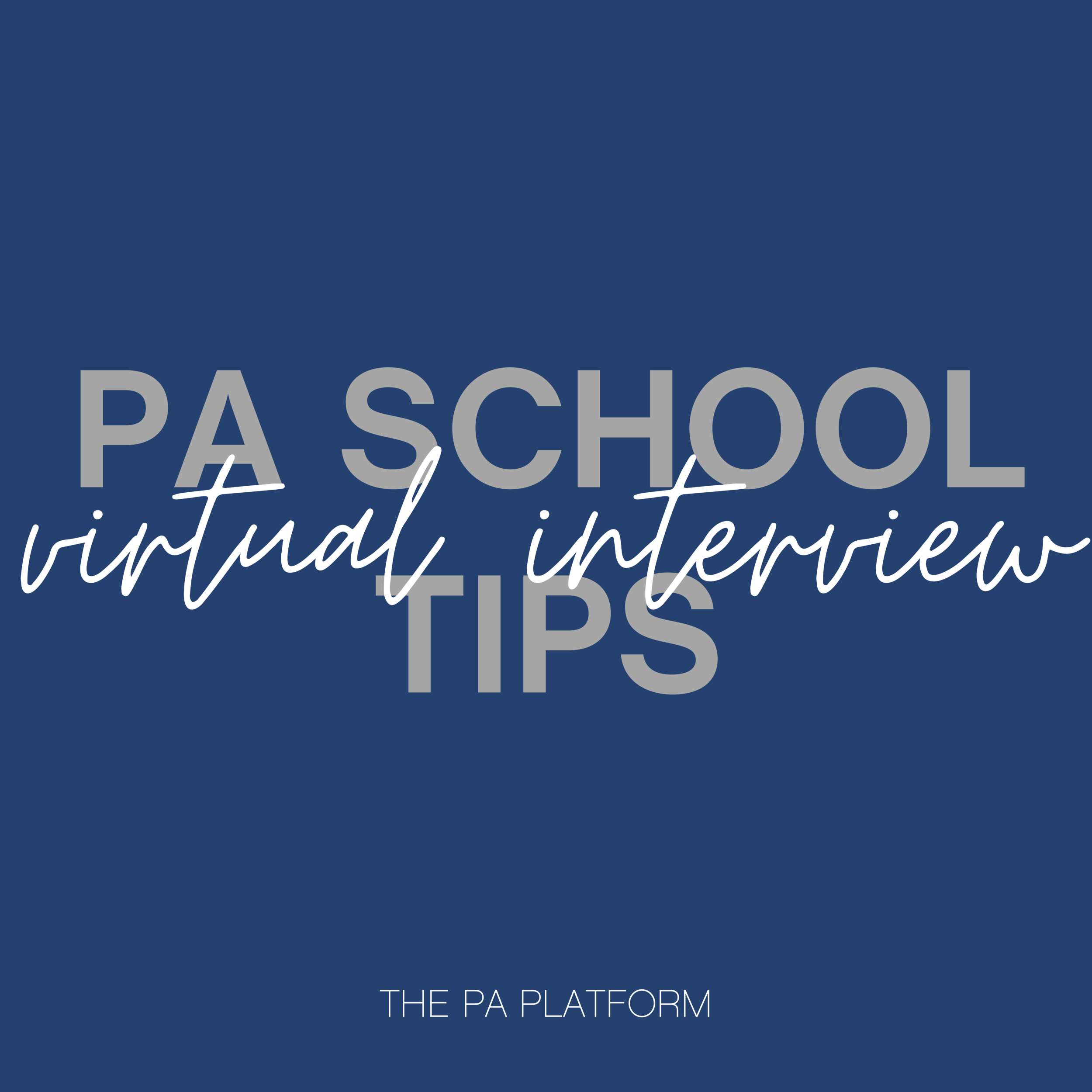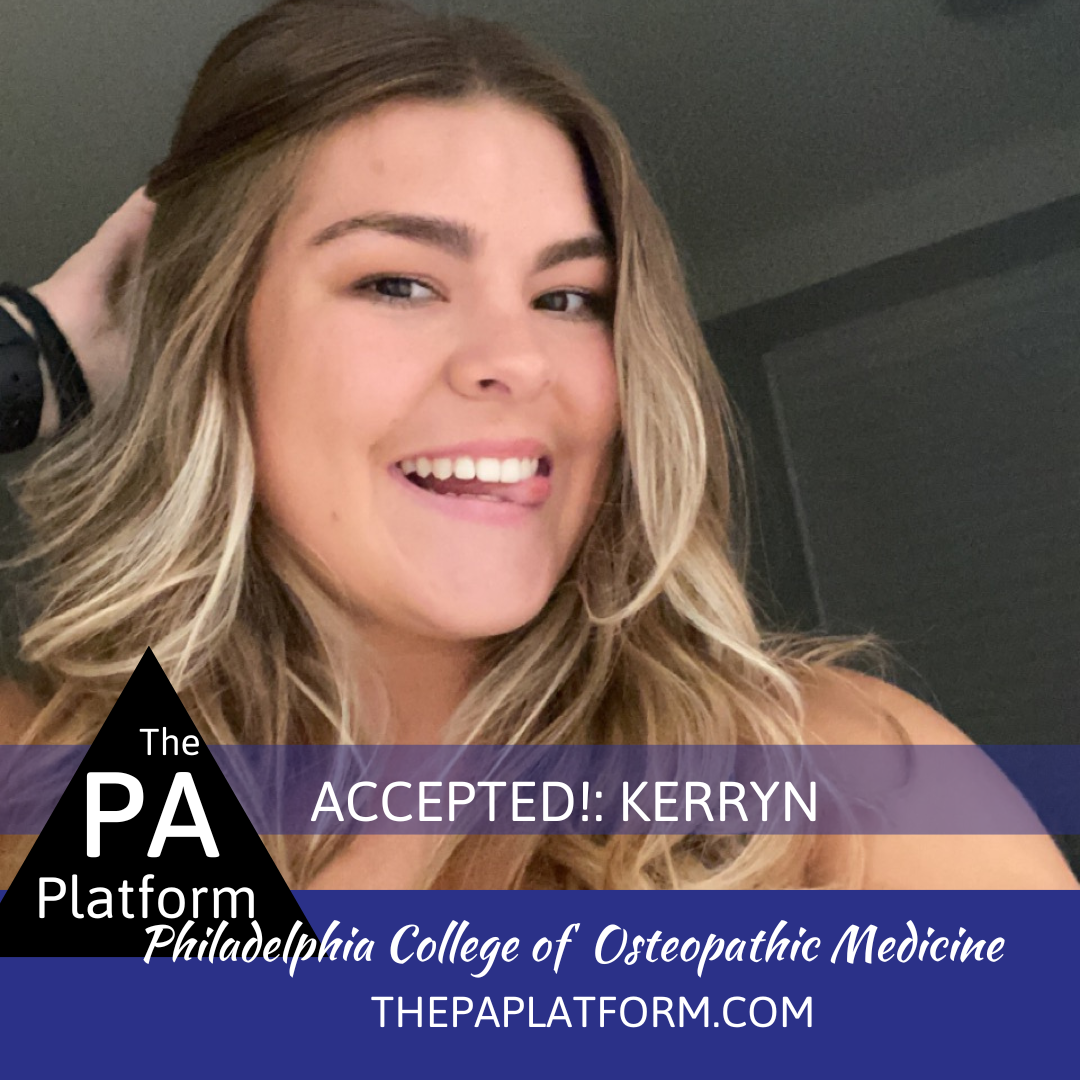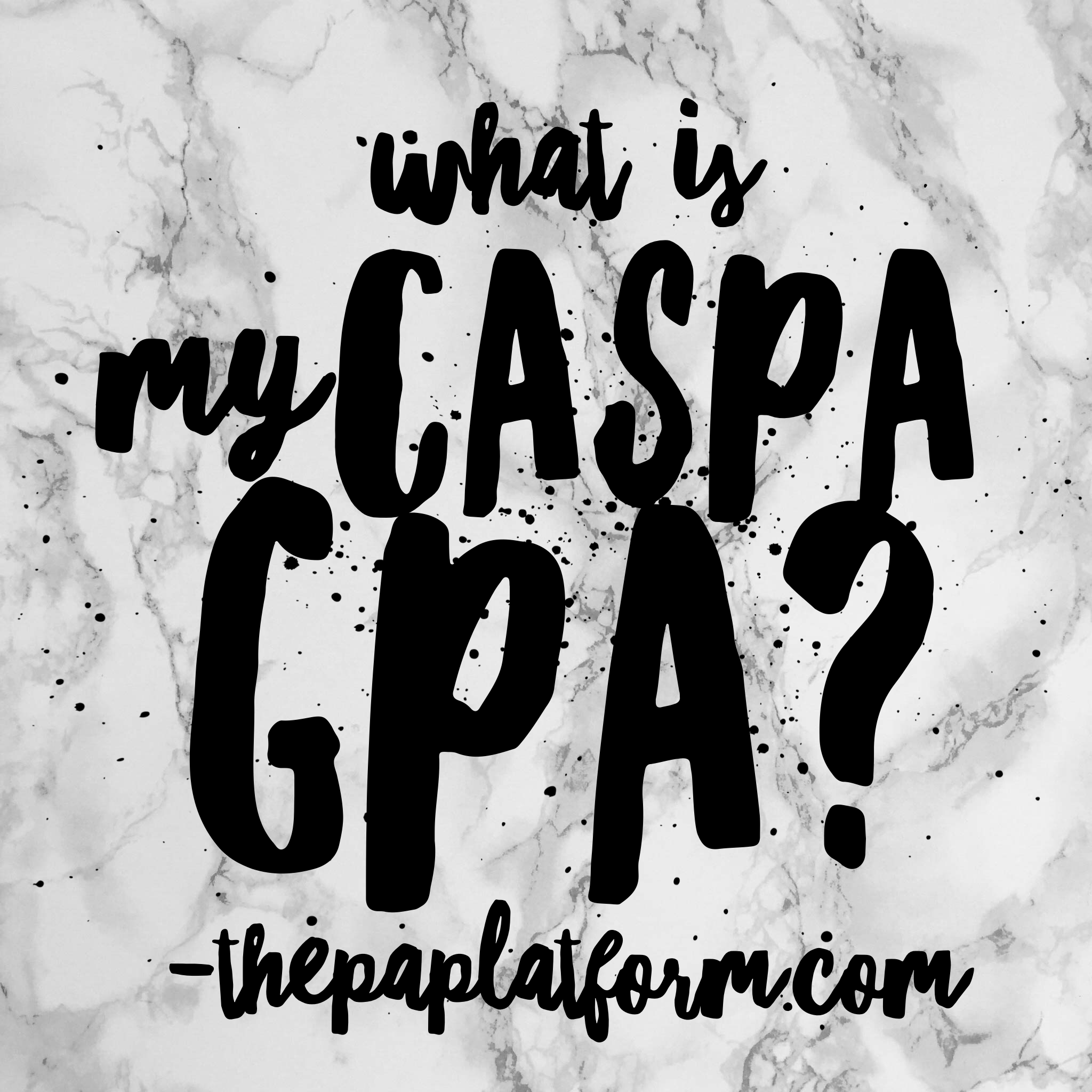While there isn't a ton of information out there in the blog world, and many of them do not stay recent, if you look hard you can find some good posts. Here is a list of the blogs I've been able to find, so let me know if you run a site or know of any others!
I'm A PA - A site from the AAPA, and their blog does update a few times a month, and you could write for them if you have an interesting perspective.
Jay the PA - A firsthand look at what it takes to become a PA from the Pre-PA stage to being accepted and starting school!
With Ashley Kay - Ashley is a current PA student sharing her journey through school. She has beautiful photography on her site as well!
White Coat Clutter - Stephanie is a PA who is transitioning to dermatology and shares a ton of tips for Pre-PA students and current PA students.
Life as a PA - Andrea is an amazing Pediatric ICU PA who is very open about sharing her lifestyle and giving back to the PA profession. Make sure to follow her on Snapchat too!
PA Student Essentials - A site run by PA students and the SAAPA
Meghan in Medicine - Meghan is a soon-to-be PA student who is doing an amazing job showing the details of how she's accomplishing her goals.
The PA Life - Jourdyn is a current PA student at UW-Madison blogging about her time while in PA school.
Reddit Pre-PA - Not exactly a blog, but more like a forum to ask questions to an active community and look up information that others have asked about in the past.
PA Boards - This is a great resource with so many options - podcasts, blog posts, PANCE review, YouTube videos, and even an app!
Musings - The JAAPA blog. This is a great resource to stay up to date with issues facing PAs.
ADVANCE for NPs & PAs - They have a few different blogs, including one for students and one for new grads.
Lauren Does Life - A new blog with an awesome looking site. Lauren has just started her clinical year of PA school and it looks like there are some great posts coming in the future!
Lindsey's PA Blog - Lindsey is currently a PA student at Albany College and has been writing periodically about her experiences there.
Hay the PA - Hayley is a PA student at University of Kentucky and she has a beautiful site where she shares tips for both PA school and living a healthy lifestyle.
PAs RISE - A resource for pre-PAs, PA students, and physician assistants where they have access to interesting reads, mentorship, and FOAMed (free open access medical education). This site encourages the PA community to contribute their thoughts, expertise, and opinions while shining a spotlight on the advances PAs and students are making within the community.
The Organized Undergrad - Follow Emily's progress through undergrad as she works towards a profession in the medical field, and tries to make decisions between pursuing PA or MD.
Medicine & Manicures - A great combination of PA school and fashion. Kristina just graduated from Campbell University's PA program, and she will be a derm PA as well! (Best choice ever.)
PA Fanatic - Brittany is transitioning from a Pre-PA to PA-S, and sharing all of her tips and advice along the way.
Physician Assistant Blog - A blog with unique posts that are a little different from the typical things other sites write about. The authors also wrote the PANCE/PANRE Study Guide, which is a resource to use during school and when studying for boards.
AP the PA - A new blog from Aashna, a student who is about to start PA school. Great information so far!
Pre-physician assistant blog - A bunch of interviews with various students and PAs. Especially helpful if you're interested in schools in Texas.
New PA-C Here - Not updated recently, but she posted a good bit during school about her experiences
Trust Me, I'm a PA Student - A well-researched blog from a current student at UTSW
The White Coat Investor - The best blog for financial advice if you're working in medicine. Not specific to PAs, but definitely helps everything to be slightly less confusing and provides great resources.
Physician Assistant, Finally There - Not updated recently, but a lot of information from school and resources as well.
Women in Surgery - This is not specific to PAs, but seeing as there are plenty of women PAs and PAs doing surgery, it's a great reference.
Food, Fitness, & Family - Although the title may not seem to fit, this is a blog of a current PA student and how she survives. And shes's a mom!
PA-C Hustle - A PA and mother, and how she balances both jobs.
PA Journey - Follow along with a PA student on the journey to becoming a PA.
xohollyd - Holly is currently in her didactic year of PA school and provides updates on her blog so you can see what it's like to go through PA school.
Stethoscope and Sparkle - Follow Erin through her time in PA school, and look for all of the advice she has for Pre-PA students
Apple A Day PA - Demi is currently in her clinical year at Florida International University in Miami, and she blogs about her experiences and offers advice for clinicals.
White Coat Dreaming - Alex is in her 3rd year of PA school and on the tail end of clinicals. She has some great advice from fellow students and throws a personal touch into her posts too.
Lynzy and Co - Definitely more of a lifestyle blog, but Lynzy is a mom, but also a part-time PA. She does a great job showing how she balances life.
The PA Pursuit - Chelsea is a PA student who has beautiful pics on her site and her Instagram as she offers advice to hopeful PA students.
White Coat Whitney - Whitney is a second year PA student sharing advice about PA school and for Pre-PA students.
PA-Cents - A new kid on the block that is discussing all things having to do with the financial side of PA school and being a PA. If you have any questions about money stuff specifically for PAs, make sure to check it out!


